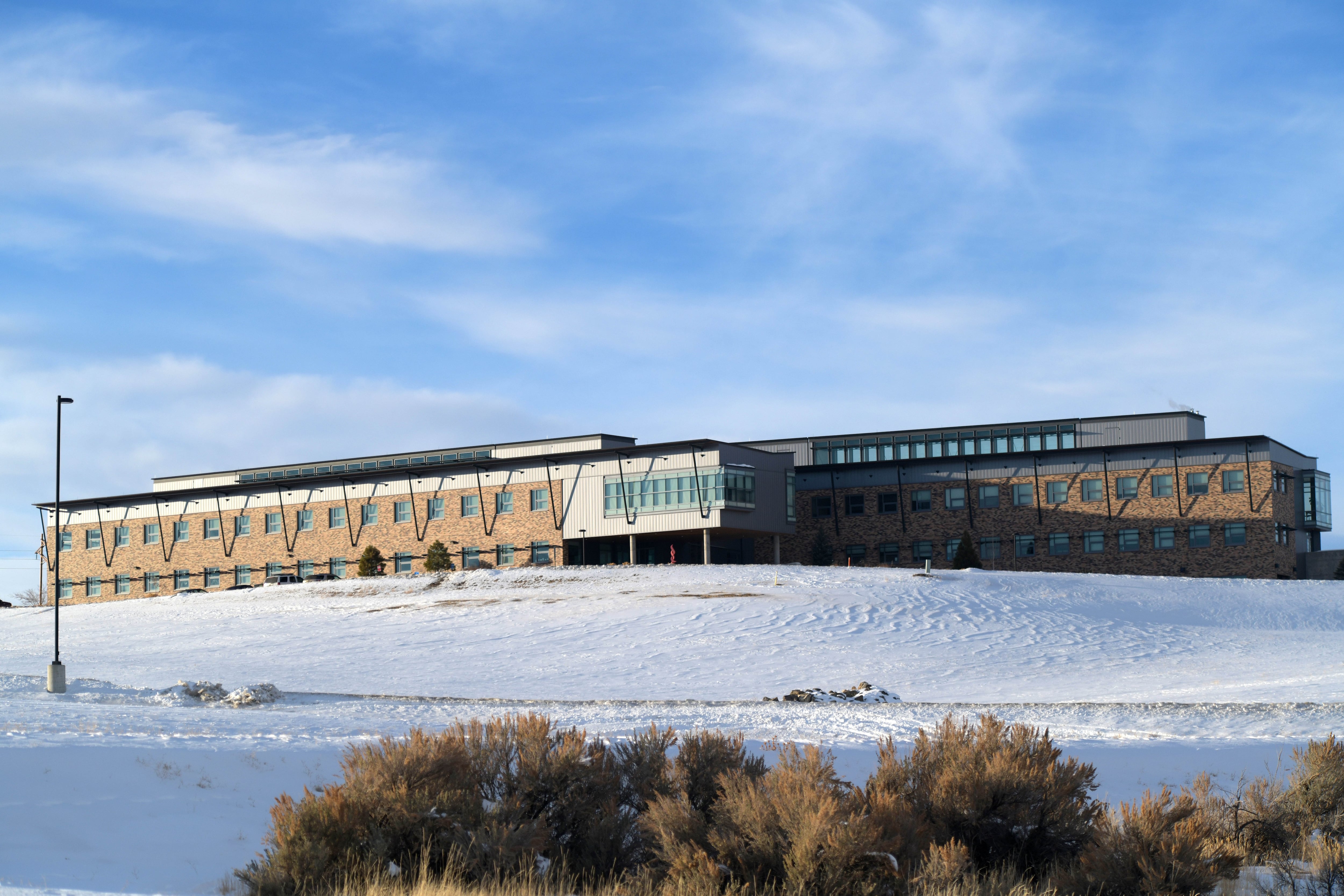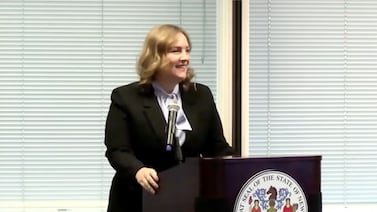Colorado students who start at a community college then transfer to a four-year bachelor’s degree program will soon have a chance to pay for part of their education with a new scholarship.
The scholarship, called the Reisher Bridge Scholars Program, supports students within the Bridge to Bachelor’s Degree program — the program guarantees admission at a four-year university for first-time college students who graduate from a community college.
The new Reisher Bridge scholarship gives financial support for students during their first two years before they transfer to one of eight schools and covers almost half the annual cost of attending a Colorado Community College school. Once students transfer, they are then eligible for another Reisher scholarship.
Combined, the scholarships give low-income students much-needed financial support when they first enter community college and then to make it to graduation at a four-year university.
“As we all know, when you can’t afford more than three to six credits at a time it delays your graduation and it can sometimes be a self-defeating prophecy,” said Adam Cermak, Foundation for Community Colleges executive director.
Cermak said the money makes a big dent in the cost of a community college education. Community college tuition, books, and fees cost about $5,000 annually, he said.
The bridge scholars program provides $2,000 a year for students at any of the state’s 13 community colleges. Once they transfer, students who were awarded the Reisher Bridge scholarship then can apply to the Reisher Scholars Program, which provides $4,000 to $15,000 a year for junior and senior years at one of eight participating four-year universities.
Both scholarships are paid for by the Denver Foundation; the new bridge scholarship is the first tied to a specific program within the Colorado Community College System, Cermak said.
The five-year, $1-million-a-year pilot program increases options for students throughout the state to pay a portion of the cost of community college, especially as many students worry about tuition costs and debt.
About 9,000 students are enrolled in the Bridge to Bachelors program, but the scholarship is for students who plan to transfer to one of the colleges that partners with the Reisher Scholars Program.
Students will not have to apply for the scholarship. Instead, they must have 30 credits or less remaining toward their associate degree, have a documented plan toward completing college, be enrolled full-time, and hold at least a 3.0 GPA. Students must also demonstrate financial need through Pell eligibility, a federal grant that helps subsidize college costs.
The state plans to award about 250 scholarships a year based on that criteria.
The Denver Foundation also will fund college advisors who help students navigate the ins and outs of college and other support services as part of the program.
Landon Pirius, community college system vice chancellor for academic and student affairs, said in a statement the scholarship program helps create a clear road map for students.
He said the college system “is committed to making the transfer process as seamless and structured as possible.”
Joshua Ryines, a Denver Foundation associate scholarships officer, said the nonprofit’s goal for the Bridge to Bachelors scholarship is to create a stronger pipeline from two- to four-year colleges.
And Sharon Harper, the foundation’s senior director of special funds and scholarships, said too often the focus is on students going from high school to a four-year university, meaning limited scholarship opportunities for students who take a different route. Students who have a plan to transfer will have more opportunities, she said.
The scholarship joins a growing list of programs meant to help students pay for college.
Colorado started a free program last year to train students in health care fields. This year, it expanded the program to include a range of other professions where the state’s experiencing a shortage of workers, such as teaching, firefighting, forestry, construction and law enforcement. Students in these programs can now get up to two years of college paid for, as well as books and fees.
Colorado also offers other programs, such as dual enrollment and concurrent enrollment, to help offset the cost of college. Concurrent and dual enrollment programs allow high school students to enroll in college classes and earn credit.
Jason Gonzales is a reporter covering higher education and the Colorado legislature. Chalkbeat Colorado partners with Open Campus on higher education coverage. Contact Jason at jgonzales@chalkbeat.org.







